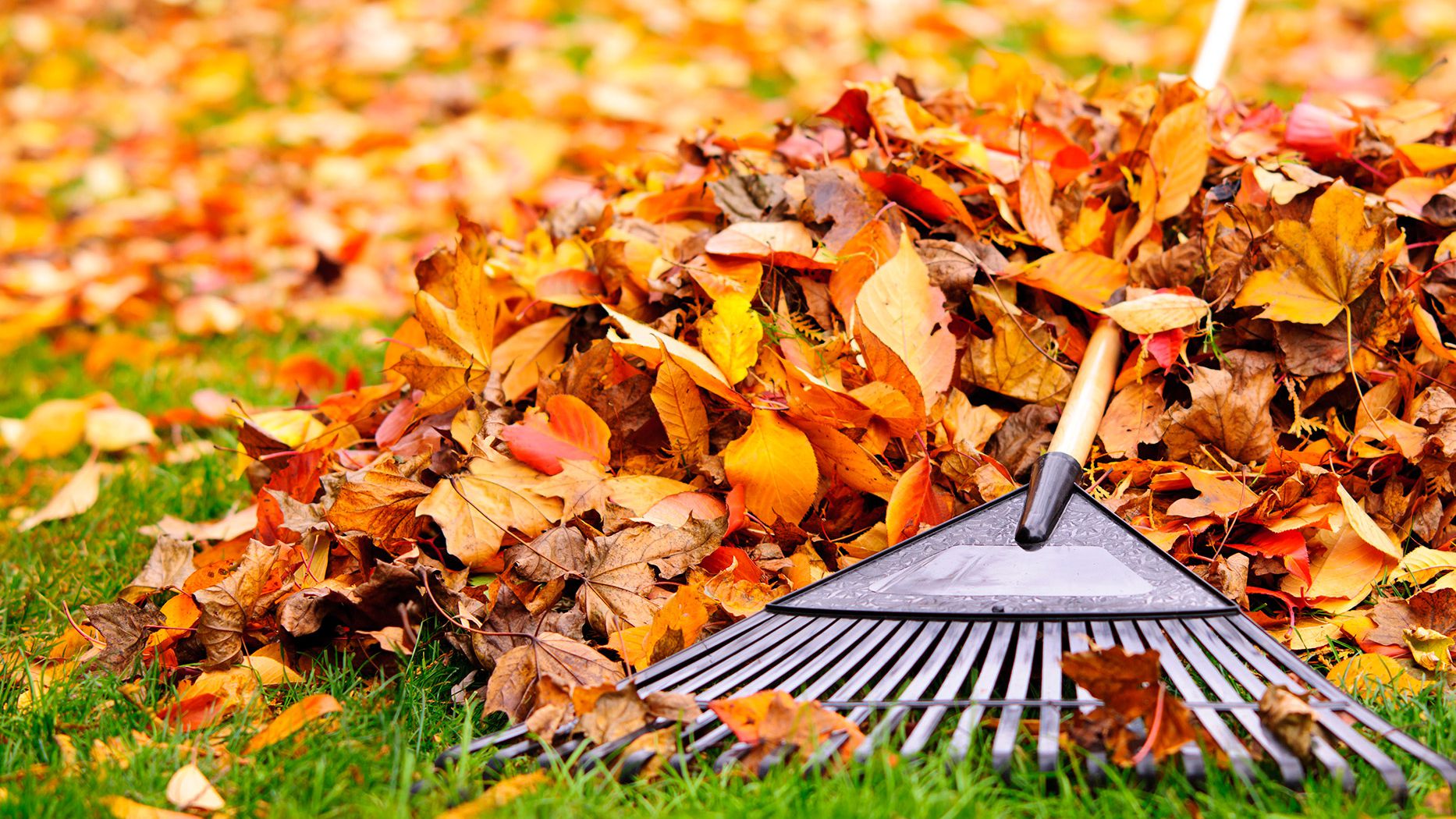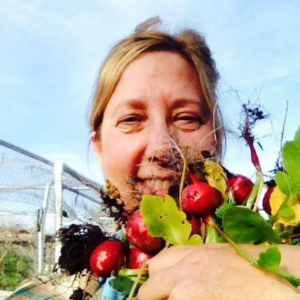Your Garden … with Sharon McCray: Fall is now here so it’s time to consider planting winter vegetables
It’s a little too early to start pruning fruit trees
![]()

By Sharon McCray

Sharon McCray
Fall is indeed in the air. Hard to imagine how quickly the weather in Santa Clara County changes. From unbearable heat that covers South Valley to the fog and cold that slowly creeps into Gilroy we truly have it all.
So now that all the apples are harvested and everything is looking a little shabby, it is time to consider “what is next.” If plans include winter vegetables, which it should, remember that we are so blessed with the diversity of soils and climate that knowing your specific micro-climate is essential.
Whether starting winter vegetables from seed or purchasing seedlings from your favorite nursery, now is the time. The seeds and roots will prefer a warm soil in which to germinate and grow, so planting before the soil gets too cold is important.
Some winter vegetables such as peas and carrots prefer direct seeding into a warm soil. Carrots need to be kept constantly moist until they sprout. Combining a package of carrot seeds with radish seeds, when mixed in a gallon of planting mix, will help to keep the carrots from bunching up. Beets also benefit from this method of planting. Scattering a handful of the planting/seed mixture will allow for an all season long harvest.
Succession planting in two week is what is usually recommended. Lettuce, spinach and chard also prefer direct sewing.
It’s not too late to fertilize fruit trees and start preparing the ground for the next opportunity to plant. Hopefully, the rains will come and all will not be lost. Fruit trees are determining just how productive they will be next year based on how much food and water they are getting now. The importance of deep water irrigation cannot be overstated. Usually twice a month at three hours minimum will get water into the root zone, depending on soil type. Plan accordingly — perhaps fewer showers and not bathing the kids.
During the fall is also a good time to scatter rye grass seeds in the lawn area as rye thrives in the cooler days and nights and will provide “green” for a summer lawn. It will die back in the summer when other grasses begin to sprout. Avoid using nitrogen fertilizers as they provide nutrients for green growth, growth that will be sensitive to freezing and hungry winter pests. Fertilizer with an NPK of 0-15-5 is recommended. The higher the “K,” the better protection tender perennials and tropical plants will receive from frost.
It’s a little too early to start pruning fruit trees, but the perfect time to pull the tomatoes and pepper plants. Planting an Early Girl or similar early season tomato might just produce fruit before Christmas.
Roses should be deadheaded to encourage a final bloom this season. After cutting off the spent flowers, eight weeks later the final blossoms of the year will open, providing a summer bouquet for your Thanksgiving table.
Now is a good time to prune back perennials for shape and to encourage new growth and flowers this fall. Lavender, sage and other herbs need regular pruning in order to keep the plants flowering and healthy.
It is never time to stop weeding. Pre-emergent weed controls will keep all seeds from germinating so it is not recommended in a vegetable or flower bed that has been directly sowed. There are lots of great products so there are plenty of choices. Avoiding the use of chemical weed preventing or killing products can harm bees and other beneficial insects and should be avoided.
Sharon McCray is a California native living in Santa Clara County since 1959. She became certified as a University of California cooperative extension master gardener in 1992 and a UCCE master naturalist in 2015. She hosts a monthly radio show on KKUP public radio and is now retired.

